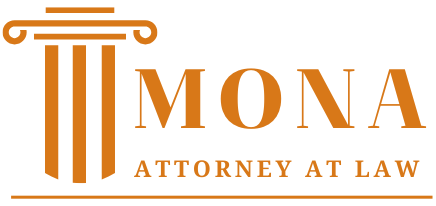Fees Law: Fees and Applications in Turkey
The Fees Law in Turkey regulates the fees required for various judicial, notarial, tax, and title transactions and the implementation of these fees. A fee is a charge collected by the state in exchange for a public service and is mandatory for certain transactions or documents.
Key Areas Covered by the Fees Law
- Judicial Fees: Covers fees paid for judicial processes. Judicial fees apply to legal actions, appeals, and enforcement proceedings, and vary based on the type and value of the case. For example, proportional fees calculated on the value of a civil claim are among the most common types of judicial fees.
- Notarial Fees: Collected for notarial transactions such as certification, registration, and power of attorney issuance. Notary fees are determined by the type of transaction and content of the documents involved.
- Tax Fees: Includes fees for submitting tax declarations and registration procedures with tax offices. These fees are collected from taxpayers by tax offices or financial administrations in relation to fulfilling tax obligations.
- Title Deed and Land Registry Fees: Encompasses fees paid for procedures at land registry offices. Any change in the land registry, property purchase and sale transactions, and mortgage establishment require title deed fees. Title deed fees are usually calculated as a percentage of the sale price.
5. Passport and Residence Permit Fees: Fees paid for passport or residence permit applications. Passport fees vary according to the type and validity period of the passport, while residence permit fees apply to foreign nationals seeking residence in Turkey.
Collection and Refund of Fees
Fees are generally collected prior to the completion of the service and are gathered by relevant state departments. In some cases, fees may be refunded, such as in the event of a transaction cancellation or rejection. Refunds are subject to the conditions outlined in the Fees Law and are processed upon request.
Special Conditions and Exemptions under the Fees Law
The Fees Law may exempt certain individuals or institutions from fee obligations. For instance, transactions between public institutions may be fee-exempt, and individuals receiving social assistance may also be exempt from paying fees. The conditions for exemption are clearly stated in the law.
Legal Assistance from Mona Law on Fees Matters
Mona Law provides clients with legal guidance and support in all matters covered by the Fees Law. Our team assists clients with fee calculations, exemptions, and fee refund processes, ensuring the most accurate solutions for each case.
We’re Advocates for Justice and Right
We pride ourselves on building lasting relationships based on trust and excellence, recognizing that every client’s needs are unique. Our commitment extends beyond providing legal advice; we aim to empower our clients by equipping them with the knowledge and resources they need to make informed decisions. Always striving to deliver unparalleled service in every aspect of our practice, we focus on delivering results that align with our clients’ goals while upholding the highest ethical standards. At Mona Law, your success is our priority, and we are here to support you every step of the way.

